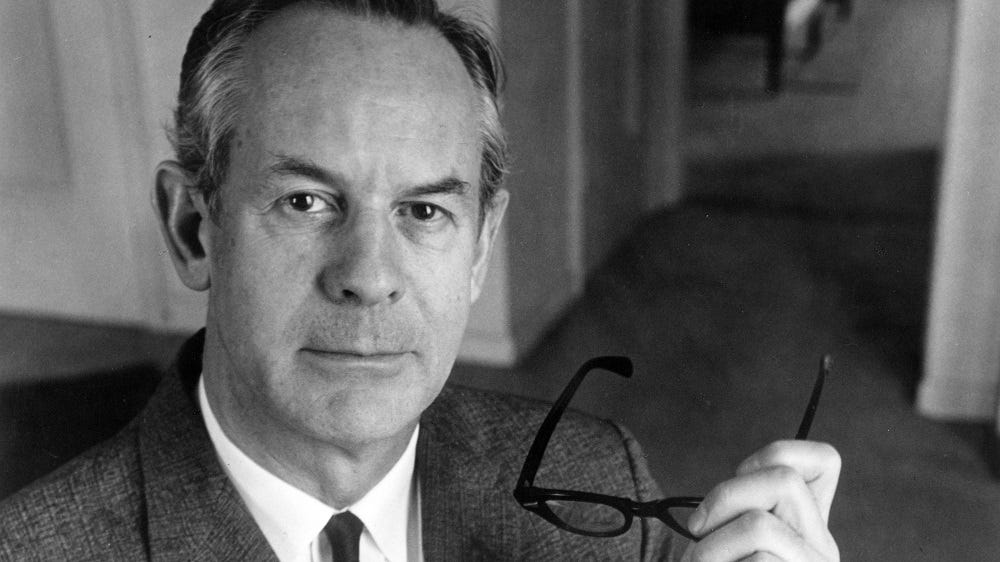Rollo May: Red Pill Truth About Freedom and Responsibility
The Erosion of Individuality and the Power of Anxiety
Rollo May, a pivotal figure in existential psychology, offered profound insights into the human condition, particularly in his seminal work, "Man's Search for Himself." In a world increasingly defined by conformity and external pressures, May observed a growing sense of alienation and a corresponding rise in anxiety. He argued that this anxiety stemmed not simply from external threats, but from a deeper crisis of identity – a feeling of being lost and without purpose.
Reclaiming Intentionality and Embracing Freedom
May emphasized the importance of intentionality, the ability to consciously direct one's actions and shape one's future. This stands in stark contrast to a passive acceptance of societal norms and expectations. He believed that true freedom lies not in the absence of constraints, but in the ability to choose one's response to those constraints. As May eloquently stated:
Freedom is man's capacity to take a hand in his own development. It is our capacity to mold ourselves.
This perspective aligns with some tenets of the "red pill" philosophy, which encourages individuals to question societal narratives and take control of their own lives. However, May's approach is far more nuanced, emphasizing the inherent responsibility that accompanies freedom.
The Burden of Freedom and the Necessity of Responsibility
May argued that freedom without responsibility is a dangerous illusion. True freedom requires acknowledging the consequences of our choices and accepting accountability for our actions. This is a difficult and often uncomfortable process, as it forces us to confront our own limitations and potential for harm. The video at
explores this concept further, delving into the challenges of navigating a world that often promotes individualistic pursuits without adequate emphasis on ethical considerations.
The Importance of Myth and Narrative
May recognized the crucial role of myth and narrative in shaping our understanding of the world and our place within it. He believed that these stories, both personal and collective, provide us with a framework for interpreting our experiences and finding meaning in a seemingly chaotic existence. The erosion of these shared narratives contributes to the sense of isolation and meaninglessness that May identified as a central challenge of modern life.
Embracing Your Inner Darkness: The Daimonic
Drawing on Jungian psychology, May acknowledged the existence of a "daimonic" force within each of us – a powerful, often unconscious energy that can manifest in both destructive and creative ways. He argued that suppressing this energy can lead to neurosis and stagnation, while acknowledging and integrating it allows for personal growth and self-actualization. This echoes the "shadow work" often discussed in the context of psychological self-improvement.
Confronting Fear and Finding Meaning
Ultimately, Rollo May's work is a call to action – a challenge to confront our fears, embrace our freedom, and create a life that is truly our own. It is a reminder that meaning is not something to be found passively, but something to be actively created through our choices and actions. This requires courage, self-awareness, and a willingness to take responsibility for our own lives, even in the face of uncertainty and adversity. His message resonates deeply with those seeking authenticity and purpose in a world often defined by superficiality and conformity. His work, like that of Nietzsche and Sartre, compels us to engage with the fundamental questions of existence.




Thank you. Yes, i did encounter the author May, because I. Yalom praises him (as his teacher).
This post shows me again to be careful to formulate the Buddhist path (about which i am writing here). It may sound 'nihilistic'. But this is not so and that criticism has been voiced millennia back.
Thank you also for digesting philosophers!